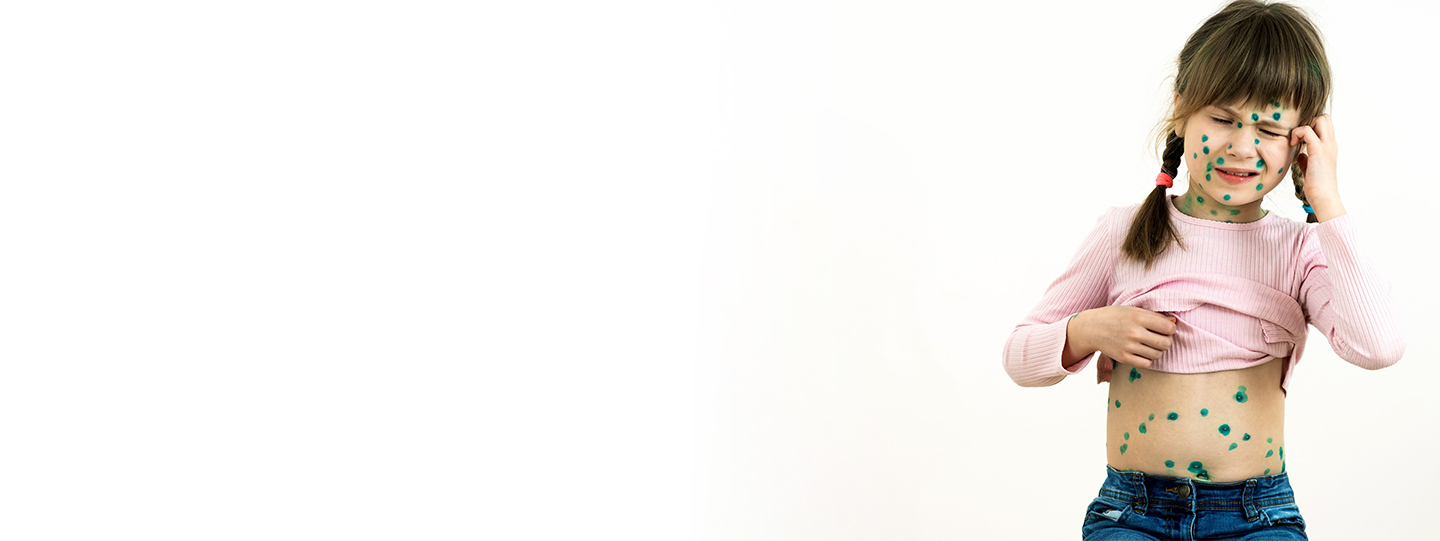

Chickenpox is one of the most common viral infections seen in kids, with more than 4 million children being diagnosed with it, every year. The disease is highly contagious, which means that if a child has it, people coming in close contact can easily develop it. Chickenpox is caused by varicella-zoster virus, which can spread via body contact or infected air. Surprisingly, the symptoms show up quite late and it can take anywhere between 10 to 21 days after being exposed to the virus.
Read Also: Chicken Pox Symptoms and Treatment: What You Need To Know
Chickenpox is a potentially serious disease, but not always. In some cases, the symptoms are quite mild and can be easily managed with proper medical care. In extreme cases, there are chances of developing a bacterial infection on the skin, which can also spread into the blood and affect the bones and joints. It may even give rise to more serious complications like pneumonia. Such complications can be most commonly seen in infants, adults and people whose immunity is compromised due to an existing medical condition or any other reason. Irrespective of how mild the symptoms are, it is important to see a specialist and keep your little one in isolation during the contagious period. This starts a day or two before the rashes appear and can last till all your child’s blisters become crusted.
It is important to understand that Chickenpox progresses through 3 different stages.
The first one is characterized by tiny spots that may develop on any part of the body, including the mouth and genitals. These look like pimples and may or may not spread to other areas. The second stage is characterized by the transformation of the tiny spots into fluid-filled blisters and the third one is marked by the formation of scabs.
The classic symptom of chickenpox is the unusual red, itchy rashes that can develop on any part of the body but are generally seen on the face and trunk first. The child gradually develops other symptoms that include:
If you suspect that your little one has Chickenpox, do not panic and consult a specialist. Doctors make the diagnosis by examining the blisters and will prescribe medications accordingly. A set of guidelines will also be given to effectively manage the symptoms and ensure that the disease does not spread.
Here’s what you can do to help your little one
Consult an expert immediately if your child’s symptoms seem to be worsening despite the treatment. Timely medical intervention can help to alleviate the risks of serious complications.
